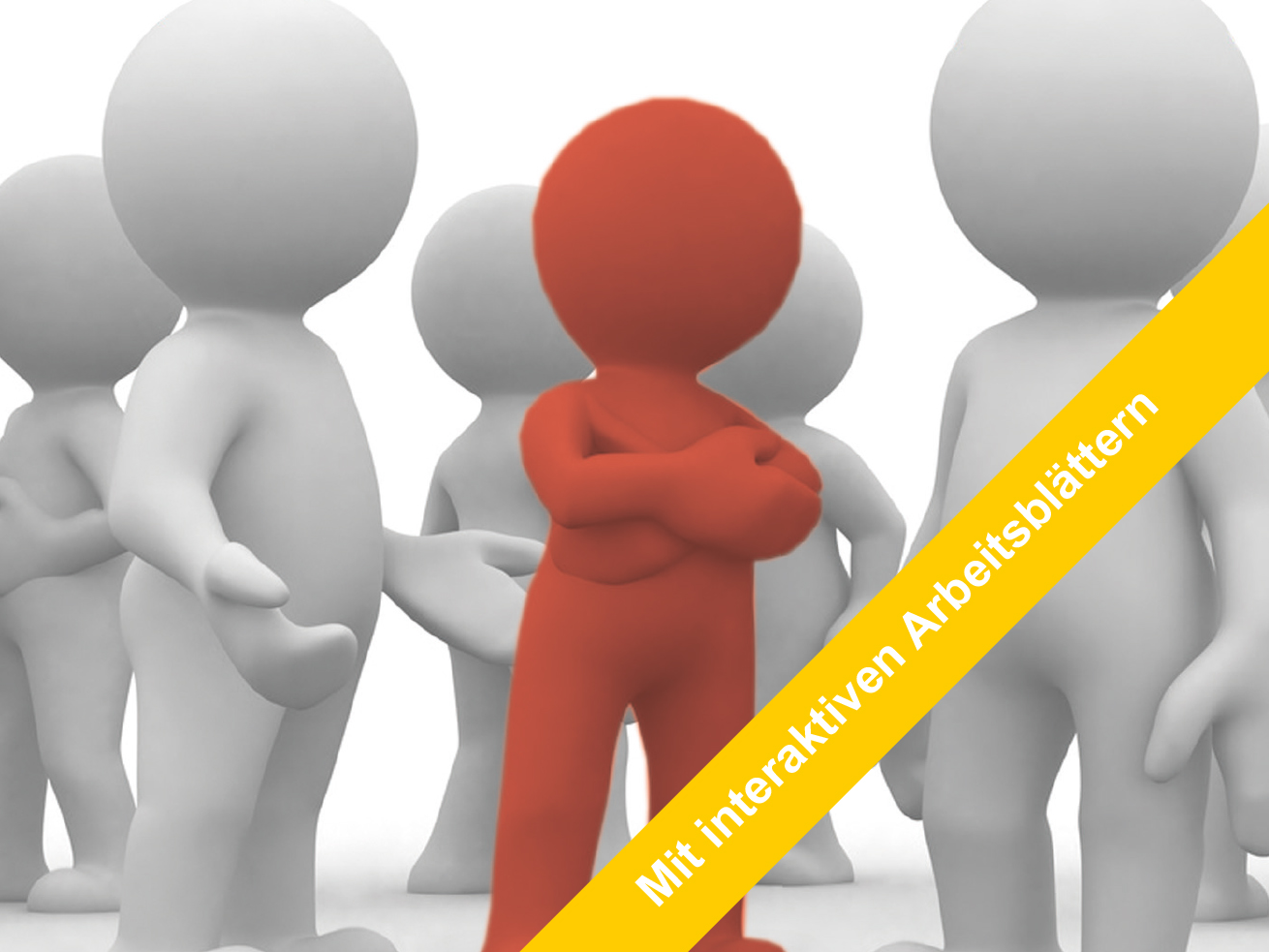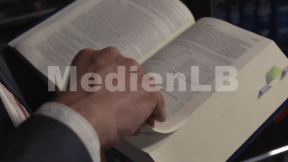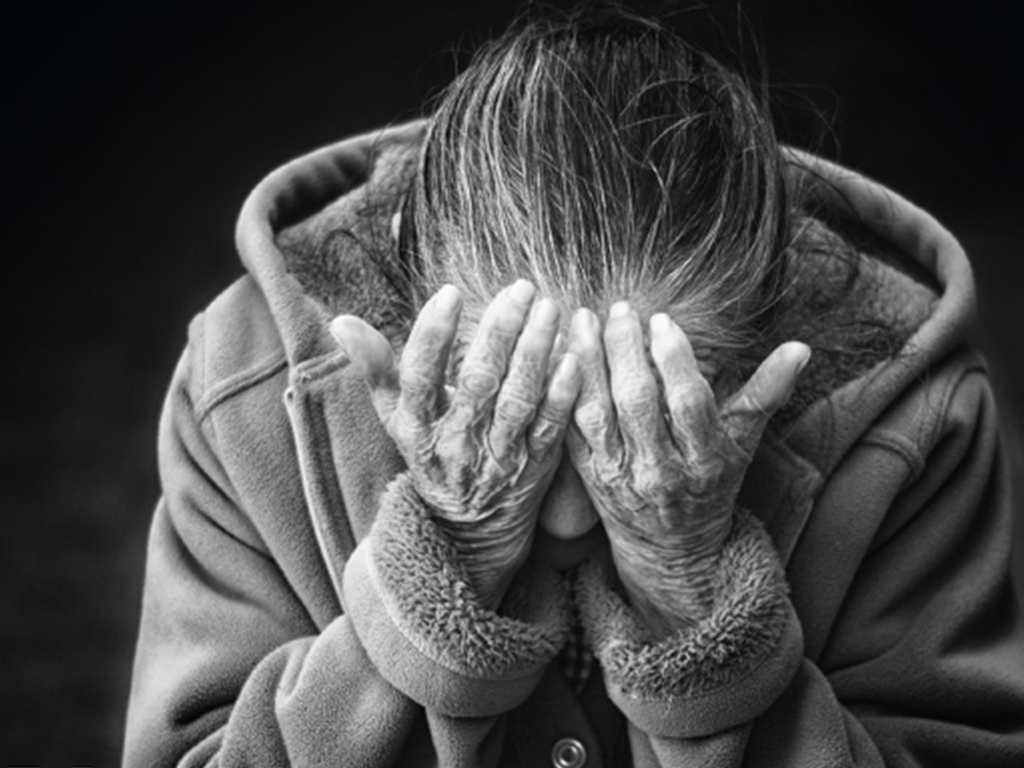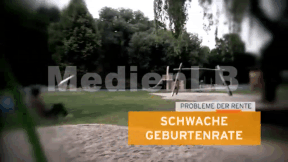 Gesellschaft
Gesellschaft

4673639 / 5562329
Diskriminierung von Minderheiten
Wie reagieren wir?
„Zeit für Helden – Und was machst Du?“ schafft Aufklärung rund um die Themen Diskriminierung, Rassismus, Vorurteile und Zivilcourage.
Die vierteilige DVD-Reihe geht der Frage auf den Grund, wie Menschen handeln, wenn vor ihren Augen ein offensichtliches Unrecht geschieht. Wie viel Zivilcourage haben unsere Mitmenschen? Greifen sie ein, schauen sie weg oder suchen sie gar gleichgültig das Weite? Passanten geraten in von Schauspielern gestellte Situationen, die eine ordentliche Portion Zivilcourage erfordern. Mit versteckten Kameras werden die Helden unserer Zeit gesucht.
In dieser DVD enthalten:
Was passiert, wenn ein Rassist in der Öffentlichkeit seinen schwarzen Schwiegersohn als Sklave bezeichnet, ein Übergewichtiger keinen Burger essen darf, Feindlichkeit gegenüber Minderheiten zum Ausdruck gebracht wird oder ein Homosexueller bei seinem Outing gedemütigt wird?
Lehrplanzentral und an den Bildungsstandards orientiert
Passend dazu
Rechte und Pflichten
In Spielszenen und mit zahlreichen Experteninterviews geht der Film den Fragen der Rechte und Pflichten von Jugendlichen nach.
Altersarmut
Innerhalb von 52 Jahren hat sich in der Bundesrepublik das Verhältnis von Beitragszahlern für die Rente zu den bestehenden Rentnern um den Faktor 3 verschlechtert. Sind 1962 noch 6 Erwerbstätige für die Rentenzahlung eines Rentners aufkommen, so mussten 2014 zwei Erwerbstätige für die Rentenzahlung von einem Rentner aufkommen. Die Altersarmut in Deutschland steigt. Denn nur wer 40 Jahre ohne Unterbrechung mindestens 2.100 € verdient hat, bekommt als Rente mehr als den Hartz-IV-Satz ausgezahlt. Beschäftige im Niedriglohnsektor oder in Teilzeit können selbst nach 45 Jahren Arbeit nicht von ihrer Rente leben. Vielen Rentnern bleibt nur der entwürdigende Weg zum Arbeitsamt.
Gedenk- und Feiertage
Feiertage gibt es in allen Kulturen. Es sind Festtage mit entweder gesellschaftlichem, religiösem oder politischen Hintergrund. Diese Feiertage finden jährlich an einem festgelegten Tag statt. In Deutschland gibt es Feiertage, an denen flächendeckend nicht gearbeitet wird. Hierbei handelt es sich um gesetzliche Feiertage. Bei anderen Feiertagen, meist mit religiösem Hintergrund, entscheiden die Bundesländer individuell, ob es sich um einen tatsächlich arbeitsfreien Tag handelt. Im Film beschrieben werden nicht nur Feiertage in Deutschland, sondern auch z.B. islamische Feiertage, oder der Christopher Street Day als politisches Statement.










